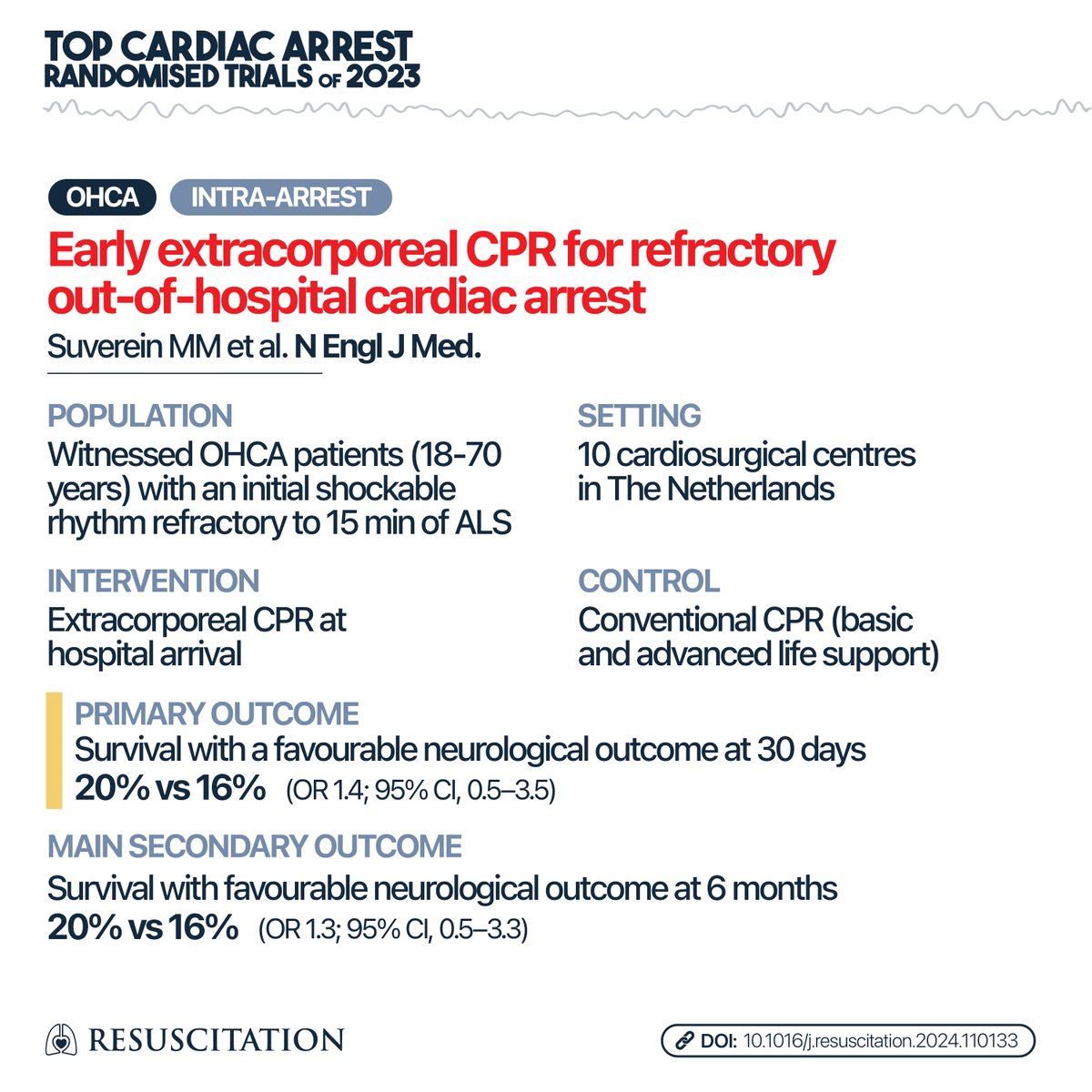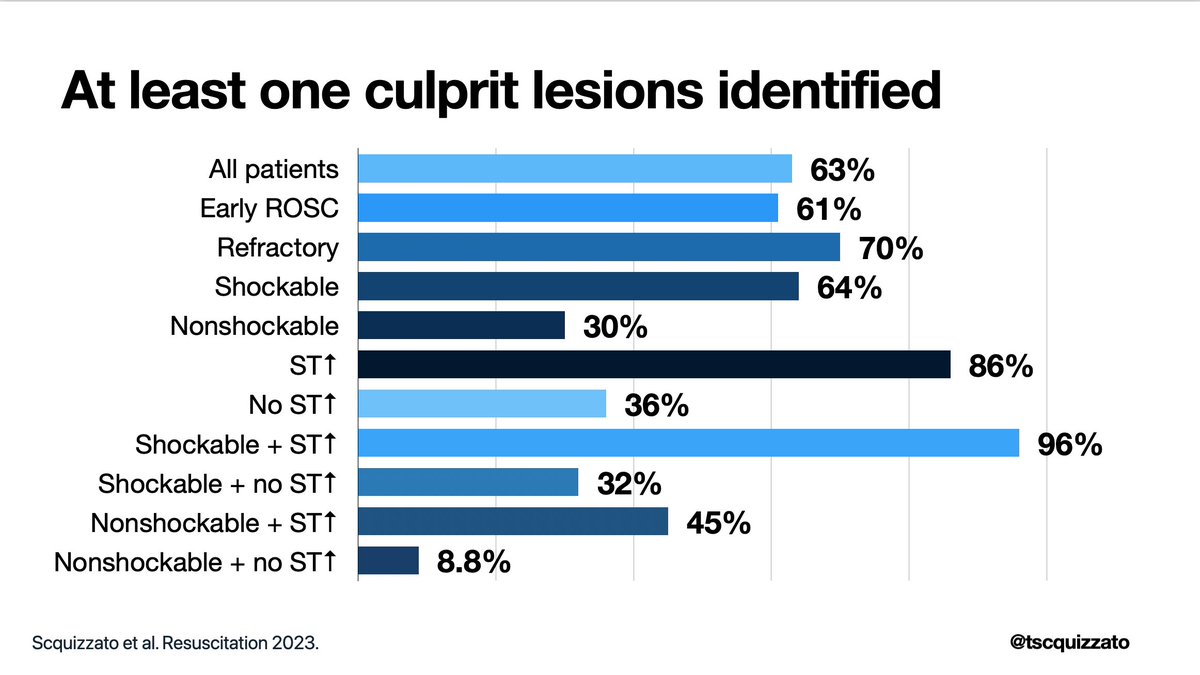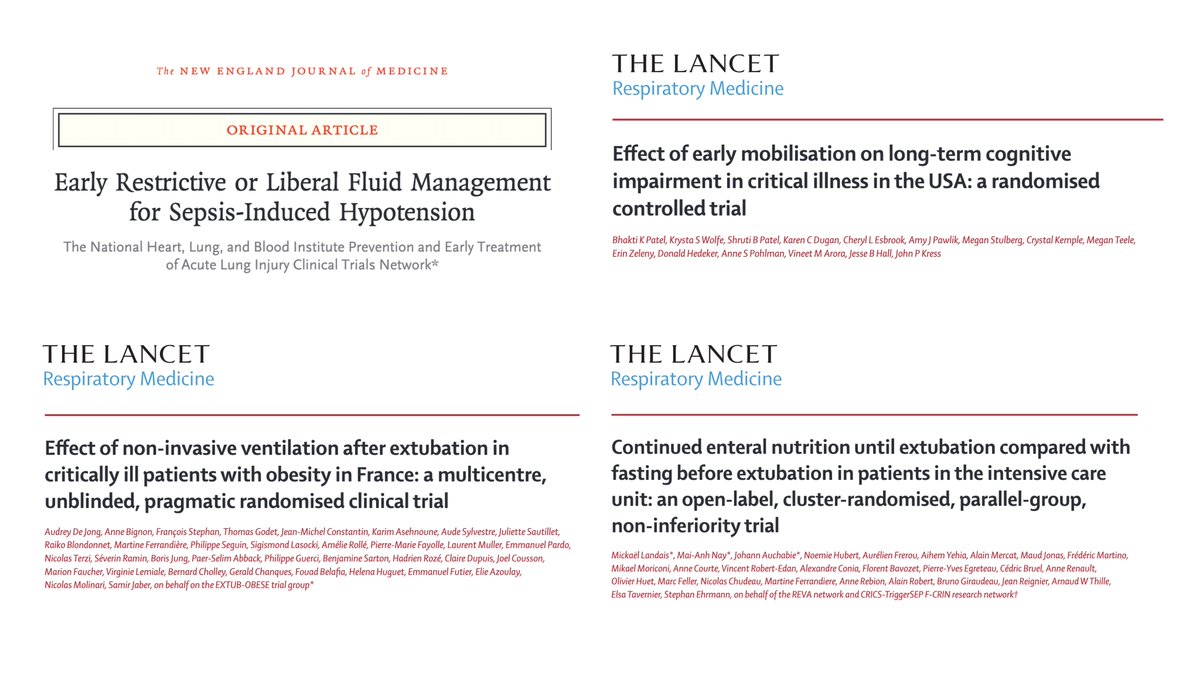
Cardiac arrest and resuscitation researcher at San Raffaele Hospital, Milan, Italy | ILCOR ALS task force member | Social media editor of Resuscitation
How to get URL link on X (Twitter) App


 @ClaudioSandron3 @jas_soar @ERC_resus @erc_young @JerryPNolan @CritCareReviews @NickJohnsonMD @nickmmark @expensivecare @iceman_ex #1
@ClaudioSandron3 @jas_soar @ERC_resus @erc_young @JerryPNolan @CritCareReviews @NickJohnsonMD @nickmmark @expensivecare @iceman_ex #1https://twitter.com/tscquizzato/status/1618514989010284544


 @ClaudioSandron3 @ResusJournal @jas_soar @Pipes_n_pumps @EduardArgudo @krychtiukmd @DrCheskes @precordialthump @laertezz @expensivecare 2/
@ClaudioSandron3 @ResusJournal @jas_soar @Pipes_n_pumps @EduardArgudo @krychtiukmd @DrCheskes @precordialthump @laertezz @expensivecare 2/https://twitter.com/tscquizzato/status/1667552256705658881


 @giovannilandoni @NickJohnsonMD @expensivecare @Pipes_n_pumps @EduardArgudo @CritCareReviews @jas_soar @krychtiukmd @PabloJ @proftomquinn 2/
@giovannilandoni @NickJohnsonMD @expensivecare @Pipes_n_pumps @EduardArgudo @CritCareReviews @jas_soar @krychtiukmd @PabloJ @proftomquinn 2/
 2/
2/

 #1
#1 

 2/
2/https://twitter.com/tscquizzato/status/1496765510150770688

 Guidelines recommend selecting and maintaining a constant target #TTM between 32 and 36 °C in comatose post-cardiac arrest patients to prevent hypoxic-ischemic brain damage.
Guidelines recommend selecting and maintaining a constant target #TTM between 32 and 36 °C in comatose post-cardiac arrest patients to prevent hypoxic-ischemic brain damage.

 How does a citizens first responder system work?
How does a citizens first responder system work?
